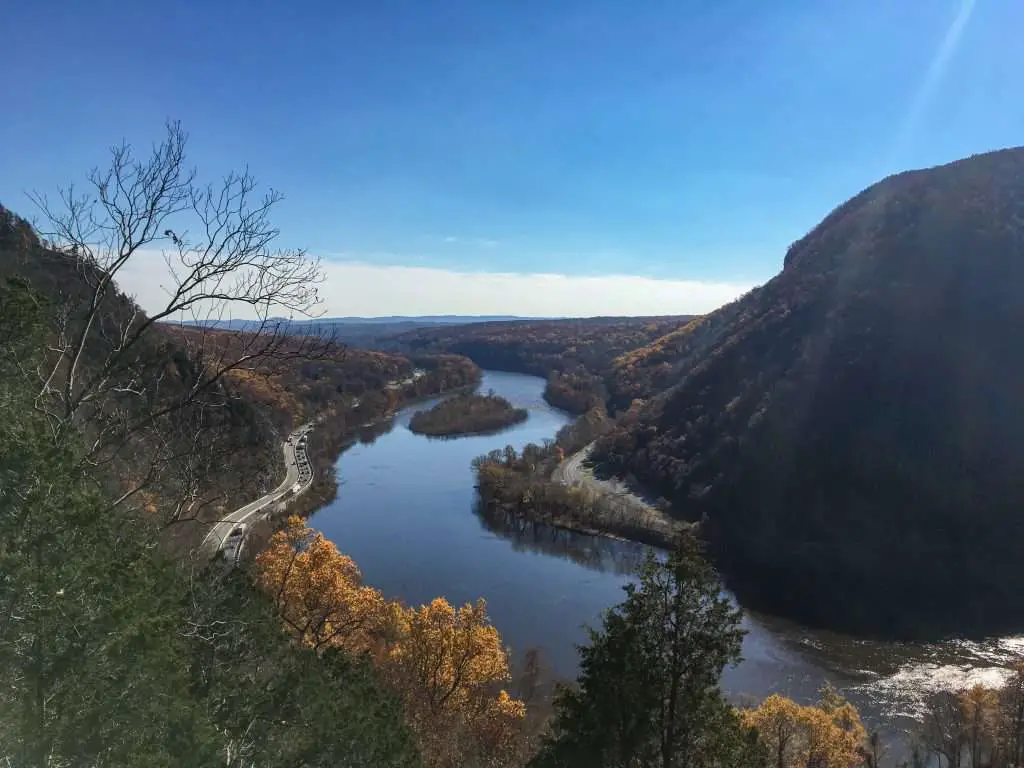Looking to embrace a simpler, self-sufficient lifestyle? Living off the grid in Delaware might be just the ticket. With its low cost of living and taxes comparable to southern states, Delaware is an attractive option for those seeking off-grid living. Not to mention, it’s completely legal! This second smallest state in the country boasts clean beaches, making it a hot spot for retirees. Delaware takes pride in its fiscal stability and robust healthcare system. However, it’s worth noting that some areas grapple with high crime rates due to limited funding for police agencies and the opioid crisis. As for the weather, Delaware experiences a humid subtropical climate with hot summers and mild to cold winters. The state is also rich in agriculture, with common crops like corn, wheat, soybeans, and more. On top of that, Delaware has abundant freshwater and clean water sources, making it a haven for wildlife such as white-tailed deer, raccoons, and foxes. When it comes to living off the grid, effective resource management and adherence to local regulations are key. By immersing yourself in local off-grid communities and connecting with like-minded individuals, you’ll gain valuable support and knowledge for this alternative way of life. Just remember, while off-grid living is generally legal in Delaware, it’s crucial to comply with local regulations and permits to ensure a successful off-grid journey.
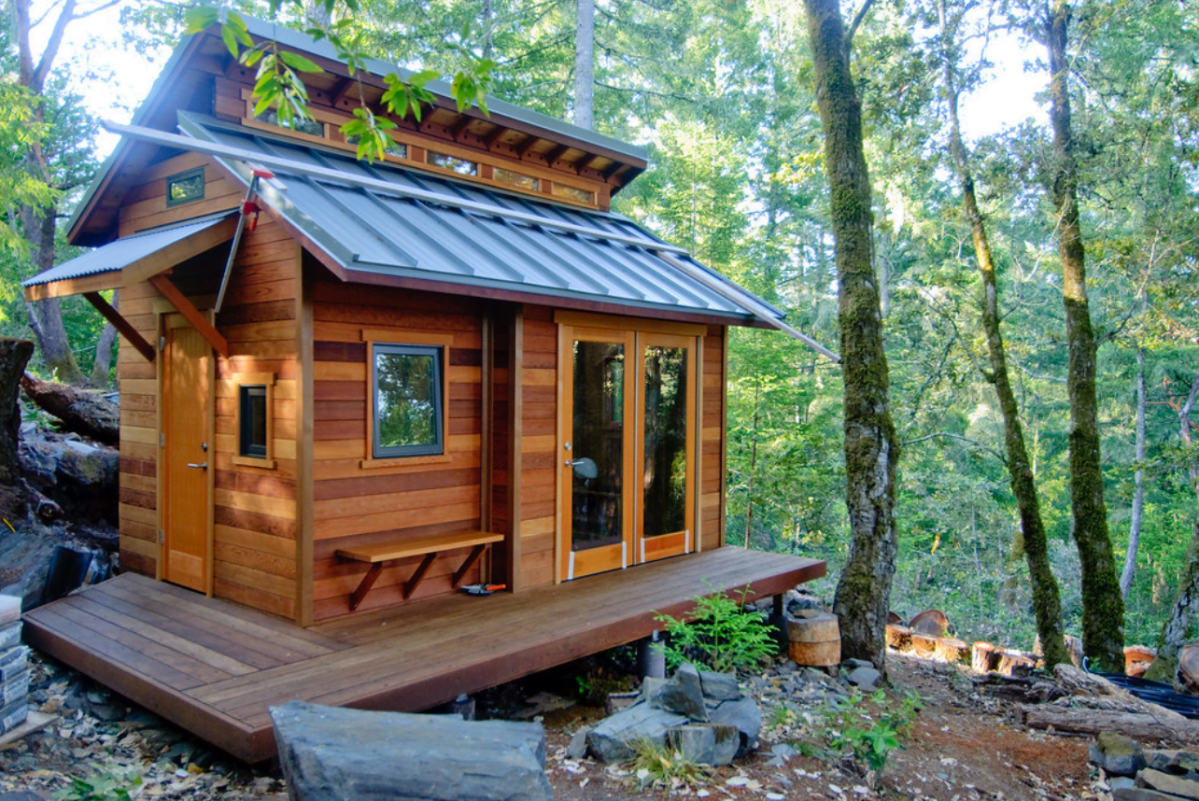
Cost of Living and Taxes in Delaware
Delaware, despite being the second smallest state in the country with a population of around 970k people, offers a cost of living and taxes similar to the southern states, making it an attractive option for off-grid living. Living off the grid is legal in Delaware, providing individuals with the opportunity to embrace a self-sustaining and independent lifestyle while enjoying the benefits the state has to offer.
Attractions and Benefits of Delaware
Delaware boasts clean beaches and is a popular state for retirees. The pristine coastline provides residents with the chance to relax and unwind in the beautiful surroundings. Moreover, with low taxes and no sales tax, retirees and individuals looking for a more affordable place to call home can take advantage of the financial benefits Delaware offers.
The state of Delaware is known for its fiscal stability and strong healthcare system. With a well-managed economy and robust healthcare infrastructure, residents can have peace of mind knowing that their well-being is prioritized. Whether it’s access to quality healthcare services or financial stability, Delaware has much to offer its residents.
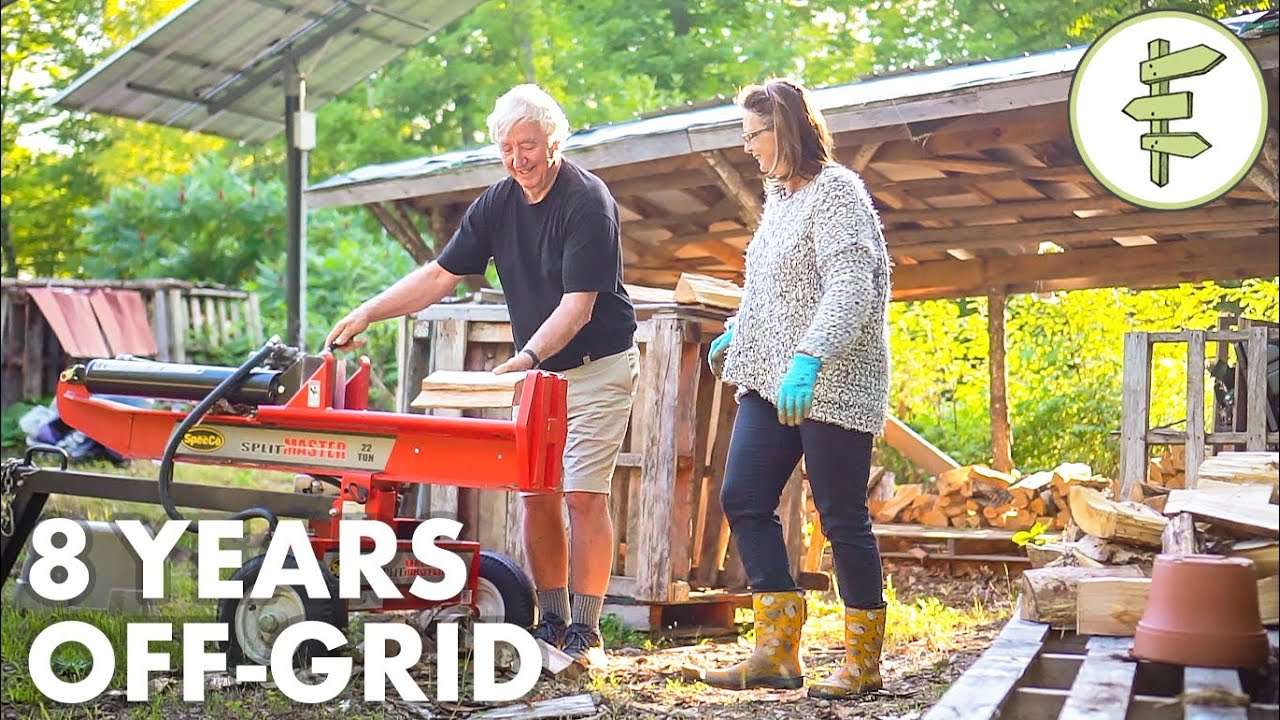
Challenges and Considerations
However, it is important to note that certain areas in Delaware experience a higher crime rate. This can be attributed to limited funding for police agencies and the ongoing opioid crisis that continues to plague the region. While Delaware does have its challenges in terms of crime, it’s essential to research and choose safer areas within the state for a more secure living experience.
Climate and Agriculture in Delaware
Delaware experiences a humid subtropical climate characterized by hot summers and mild to cold winters. This climate is favorable for those who enjoy a variety of seasonal activities while embracing the benefits of an off-grid lifestyle.
Delaware’s fertile soil and abundant freshwater supply make it ideal for agriculture. Farmers in the state commonly cultivate crops such as corn, wheat, soybeans, chickens, apples, and cider. The availability of fresh, locally sourced produce allows off-grid residents to fully utilize and sustain themselves from the land.
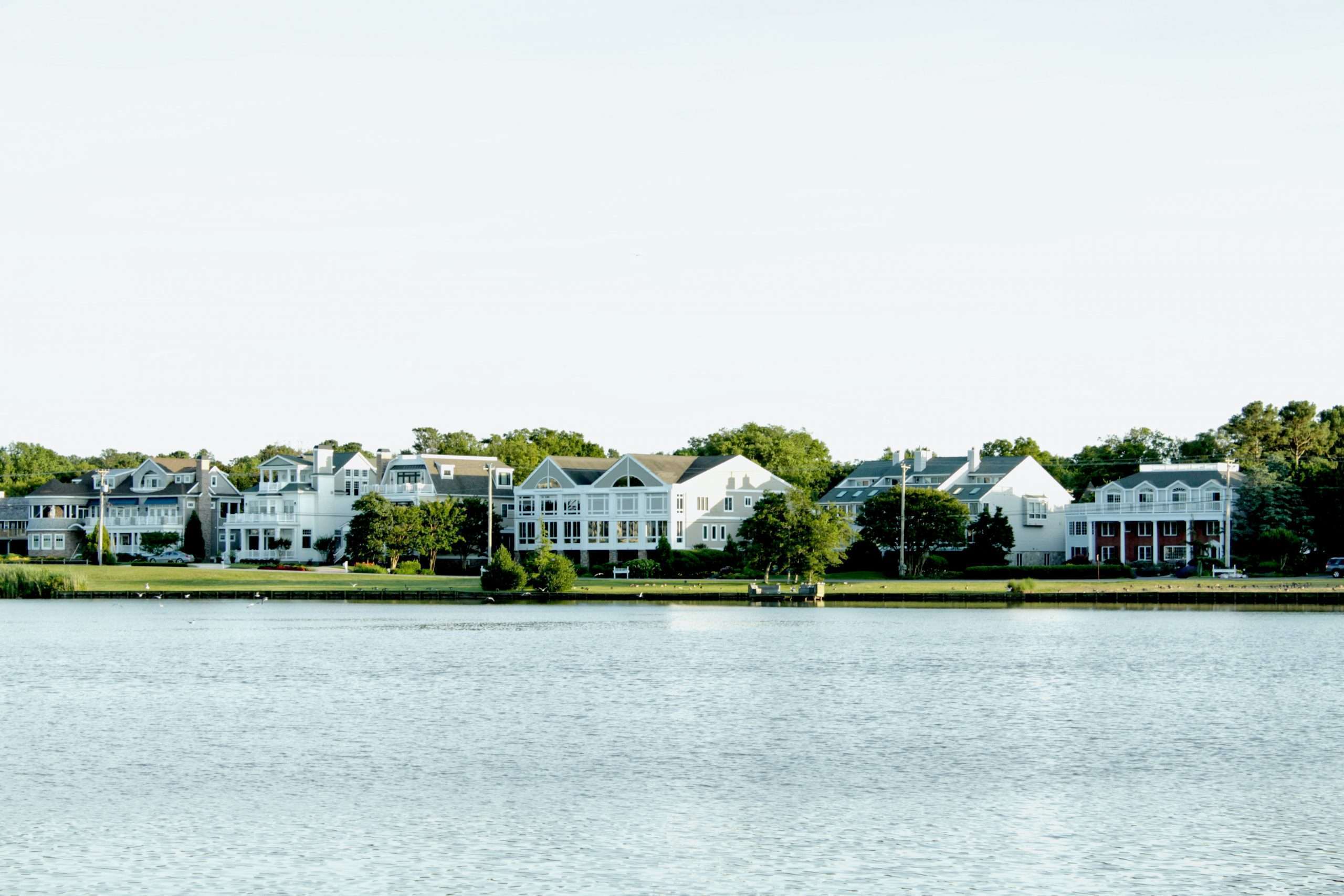
Wildlife and Natural Environment
Delaware is home to a diverse range of wildlife, including white-tailed deer, raccoons, foxes, and various fish species found in its clean water sources. Connecting with nature and observing these animals in their natural habitats can be an enriching experience for those living off the grid. Delaware’s commitment to preserving its natural environment ensures an abundance of wildlife for residents to enjoy.
Infrastructure and Economy in Delaware
Delaware boasts a well-maintained road network, allowing residents to easily navigate through the state. This reliable infrastructure ensures that off-grid individuals can access essential services and amenities when needed.
In terms of the economy, Delaware’s low unemployment rate and above national average minimum wage offer financial stability for those seeking a sustainable off-grid lifestyle. Moreover, land prices in Delaware are on par with the national average, providing individuals with affordable options for purchasing land. Additionally, property taxes are below the national average, further enhancing the financial viability of off-grid living in the state.
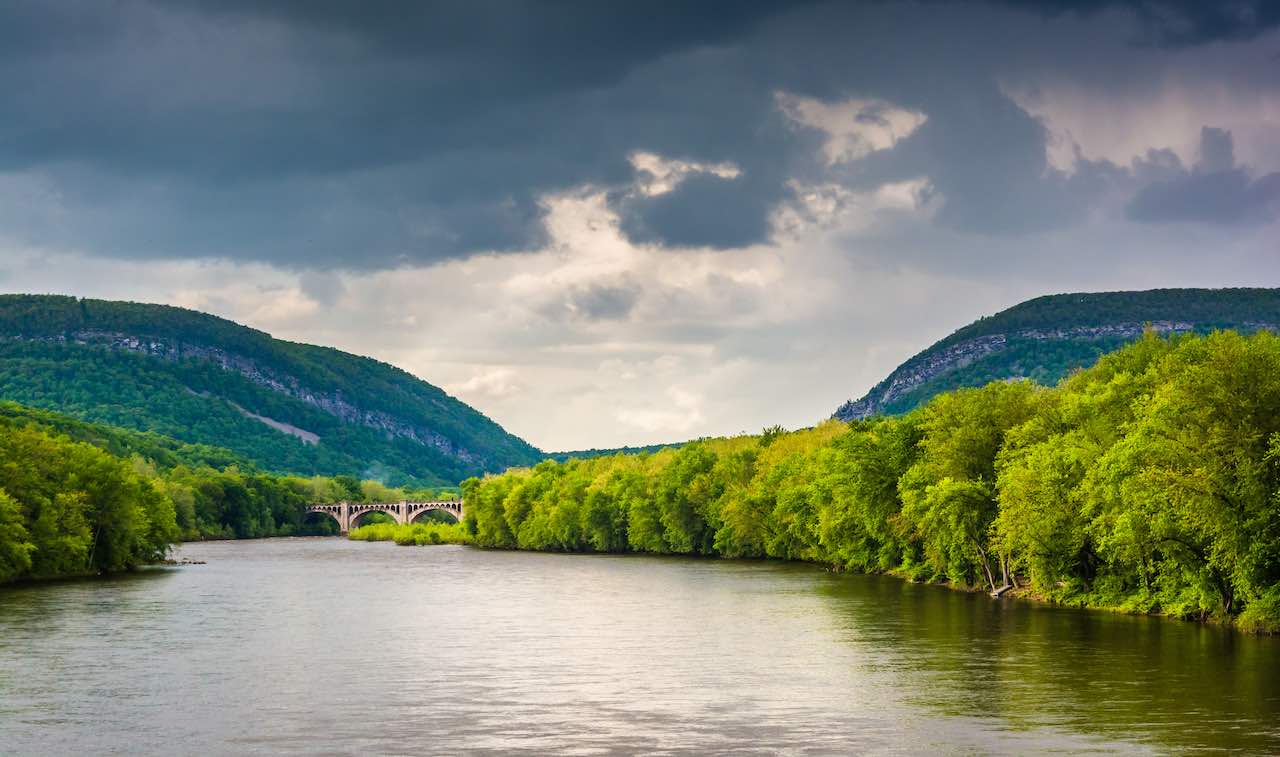
Crime Rate and Safety in Delaware
While Delaware does have a higher crime rate compared to the national average, it is essential to note that there are safer areas within the state. Researching and selecting a location with a lower crime rate can help ensure the safety and security of off-grid residents. By being aware of the crime statistics and taking necessary precautions, off-grid individuals can mitigate potential risks and maintain a secure living environment.
Natural Disasters in Delaware
Delaware is susceptible to a range of natural disasters including tornadoes, storms, hurricanes, thunderstorms, winter storms, and floods. Being prepared for these events is crucial for off-grid residents. Establishing emergency plans, ensuring reliable power and water sources, and having adequate supplies can help individuals weather these natural phenomena and maintain their self-sufficient lifestyle even during challenging times.

Regulations and Building Codes for Off-Grid Living
Living off the grid in Delaware requires adherence to local regulations and building codes. It is essential for individuals interested in off-grid living to familiarize themselves with these regulations and obtain the necessary permits before embarking on their self-sustaining journey. By complying with these regulations, off-grid residents can ensure their living arrangements are safe and environmentally friendly.
Tips and Strategies for Off-Grid Living
Effective resource management and planning are key elements for a successful off-grid lifestyle. Individuals should prioritize water and energy conservation, as well as waste management to minimize their impact on the environment. Additionally, fostering self-sufficiency through practices such as growing food, raising livestock, and utilizing renewable energy sources can enhance the off-grid experience.
Engaging with local off-grid communities and like-minded individuals can provide invaluable support and resources for off-grid living in Delaware. Sharing knowledge, experiences, and resources can help individuals thrive in this unique lifestyle. From exchanging gardening tips to providing assistance during emergencies, these communities foster a sense of camaraderie that is crucial for a successful off-grid lifestyle.
In conclusion, Delaware offers a promising environment for individuals interested in off-grid living. With its affordable cost of living, clean beaches, low taxes, and strong healthcare system, it is an attractive destination for those looking to embrace a self-sufficient and independent lifestyle. Despite the challenges posed by crime rates and natural disasters, by adhering to regulations, effectively managing resources, and engaging with local communities, off-grid residents can create a fulfilling and sustainable life in the state of Delaware.

